Growing up in a household where every penny mattered changes how you see money forever. Those of us who watched our parents stretch dollars at the grocery store or wear shoes until they fell apart carry those lessons into adulthood. Even when our own financial situations improve, certain purchases still trigger that voice in our head asking if we really need this. The guilt, hesitation, and second-guessing around these everyday expenses reveal the lasting impact of childhood financial stress.
1. Ordering Drinks at Restaurants

Water is free, and that fact was drilled into your brain from an early age. The $3-4 charge for a soda still feels like highway robbery when you know you could buy an entire two-liter bottle for the same price.
Your adult brain understands restaurant markups, but your inner child still feels slightly rebellious ordering anything besides tap water. The mental calculation happens automatically: “That’s half a gallon of gas” or “almost an hour of minimum wage work after taxes.”
Even with a good salary, you might still scan the drink menu and wince, wondering if that lemonade is really worth it.
2. Name-Brand Anything

The generic version was always good enough growing up. Store-brand cereals, off-brand cleaning supplies, and whatever clothes were on the clearance rack were the norm in your household.
Now, standing in store aisles as an adult, reaching for the name-brand option still feels like an unnecessary splurge. You find yourself justifying the purchase or feeling the need to explain why you’re choosing the “expensive” version.
That little voice whispers that the store brand is “practically the same thing” even when you can afford better. The guilt lingers long after the purchase is made.
3. Throwing Away Containers
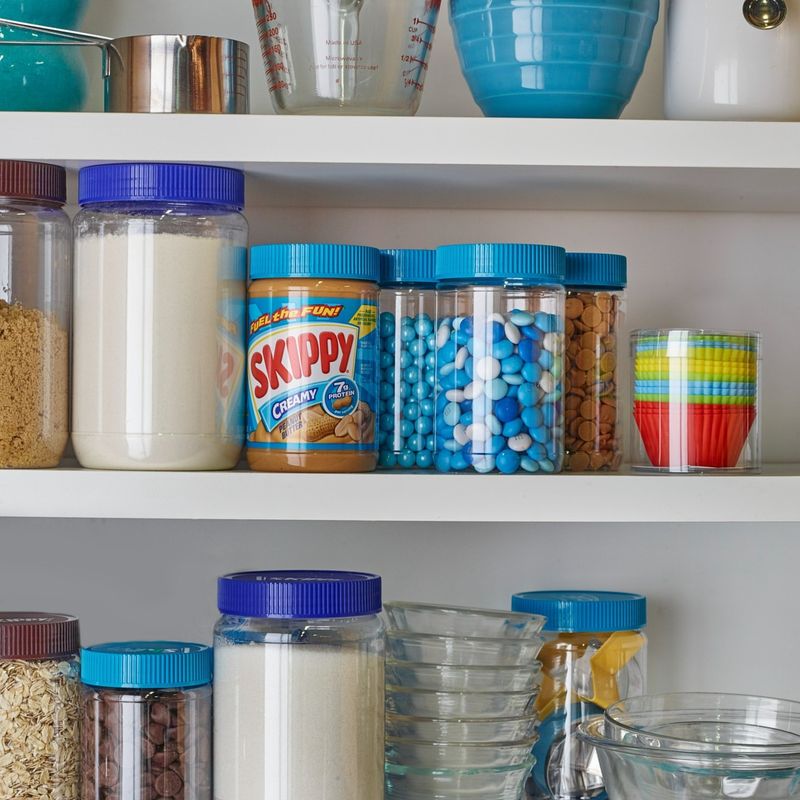
Empty margarine tubs, pasta sauce jars, and yogurt containers weren’t trash in your home – they were storage solutions waiting to happen. Your refrigerator probably held leftovers in repurposed containers with mismatched lids.
As an adult, you might have a cabinet full of actual food storage containers, yet tossing perfectly good jars and tubs into the recycling bin feels wasteful. You catch yourself washing out and saving containers you don’t need.
Friends might laugh at your collection of repurposed containers, but the habit is deeply ingrained. That Cool Whip tub could store so many things!
4. Buying New Clothes Before Old Ones Wear Out

Clothes shopping was for growth spurts and special occasions, not because you were tired of your current wardrobe. The concept of fashion seasons seemed like a luxury invented for people with money to burn.
Even with a decent income, buying new clothes when your current ones are still functional feels extravagant. You find yourself wearing items until they’re threadbare, developing mysterious holes, or becoming noticeably faded.
The idea of replacing something just because you’re bored with it still triggers a wave of guilt. Those jeans might have a worn spot, but they’ve got at least another six months of life in them!
5. Paying for Convenience Foods
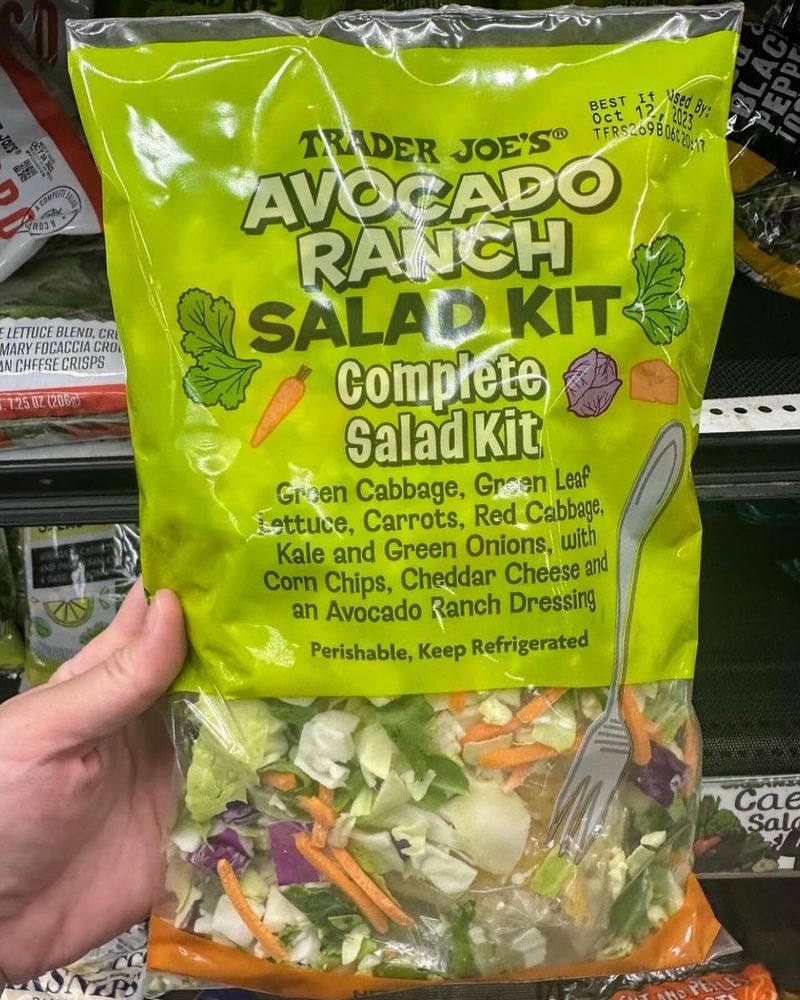
Pre-cut fruits, bagged salads, and prepared meals were luxuries your family couldn’t justify. The price markup for having someone else chop your vegetables seemed absurd when you had perfectly good knives at home.
Now, even when time is more valuable than money, the guilt persists. You stand in the produce section calculating the difference between whole and pre-cut pineapple, knowing you’re paying for convenience but feeling wasteful anyway.
Grabbing a ready-made meal after a long day still comes with a side of shame. Your inner voice reminds you that planning ahead would have saved both money and guilt.
6. Leaving Food on Your Plate
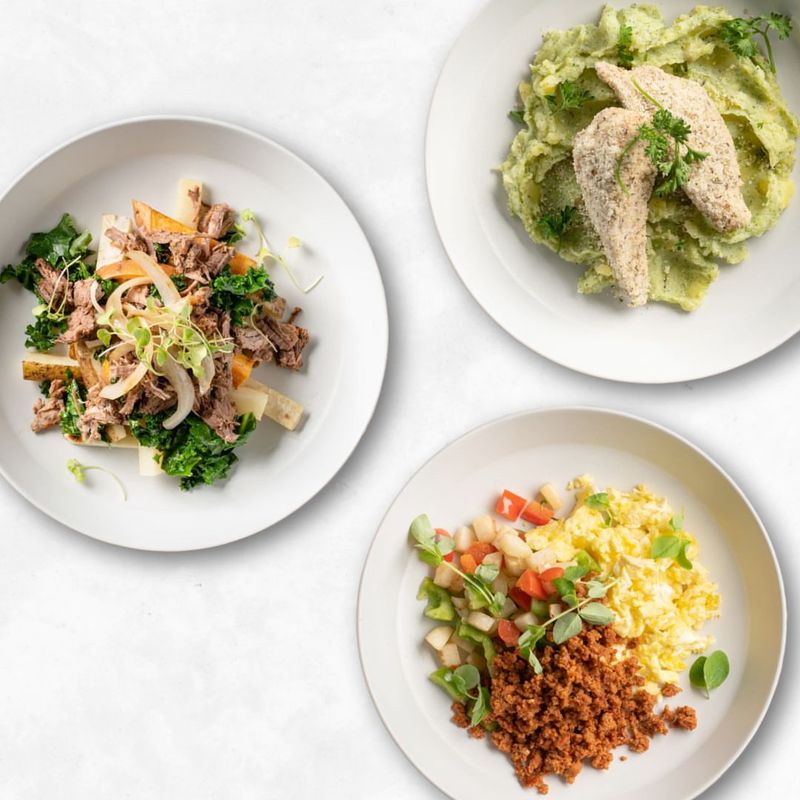
The clean plate club wasn’t just a suggestion in your house – it was mandatory membership. Food waste was practically a sin when you understood the sacrifice that went into putting that meal on the table.
Restaurant portions now present a moral dilemma. You find yourself uncomfortably full rather than leaving food behind, or requesting takeout containers for even the smallest leftovers.
The guilt extends to your own kitchen too. You’ll eat questionable leftovers rather than throw them away, and freezing food about to spoil feels like a victory against waste. That half portion of pasta might make a perfect lunch tomorrow!
7. Hiring Services You Could DIY

Paying someone to do something you could theoretically do yourself still feels wrong. Lawn care, house cleaning, oil changes, and basic home repairs were all DIY projects in your childhood home – regardless of time constraints or skill levels.
The mental calculation isn’t just about money anymore. You weigh your time, energy, and expertise against the cost of the service, yet still feel slightly guilty making the call.
Even when outsourcing makes perfect sense, you might find yourself explaining or justifying the decision to others. The voice in your head questions if you’re being lazy or wasteful by not handling it yourself.
8. Paying Full Price for Anything
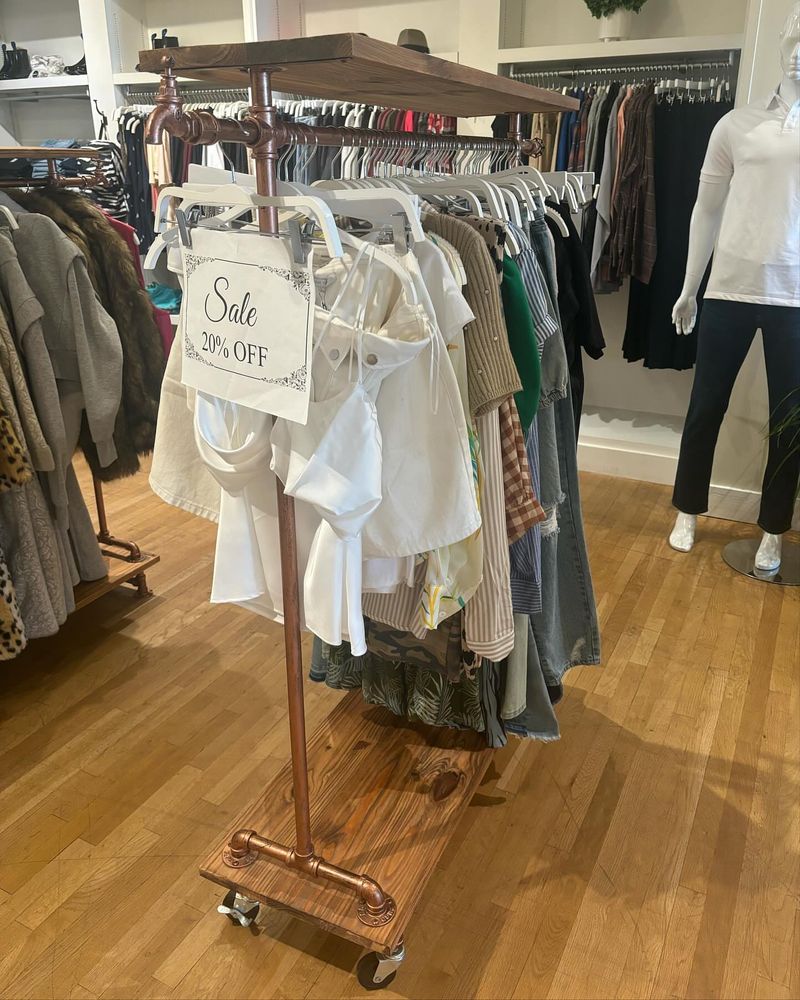
Sales racks were your first stop, coupons were collected religiously, and nothing was purchased without checking if it might go on sale soon. The concept of paying retail price for anything still makes you slightly uncomfortable.
You find yourself waiting for sales even when you need something immediately. The thrill of finding a good deal has become more satisfying than the purchase itself.
Friends marvel at your patience and bargain-hunting skills, not realizing it’s more compulsion than choice. The thought of discovering something you bought is now on sale can ruin your day, even if the difference is just a few dollars.
9. Upgrading Perfectly Functional Items

“If it ain’t broke, don’t fix it” wasn’t just a saying – it was financial survival. Items were used until they completely stopped working, regardless of how outdated they became.
Your phone might be several generations behind, but as long as it makes calls and sends texts, replacing it feels wasteful. Furniture, appliances, and electronics are kept until they’re beyond repair, not just out of style.
Technology upgrades feel particularly frivolous. You find yourself using outdated devices while explaining to others that they “still work fine” – even as they slow down or lose compatibility with newer systems.
10. Throwing Away Usable Items
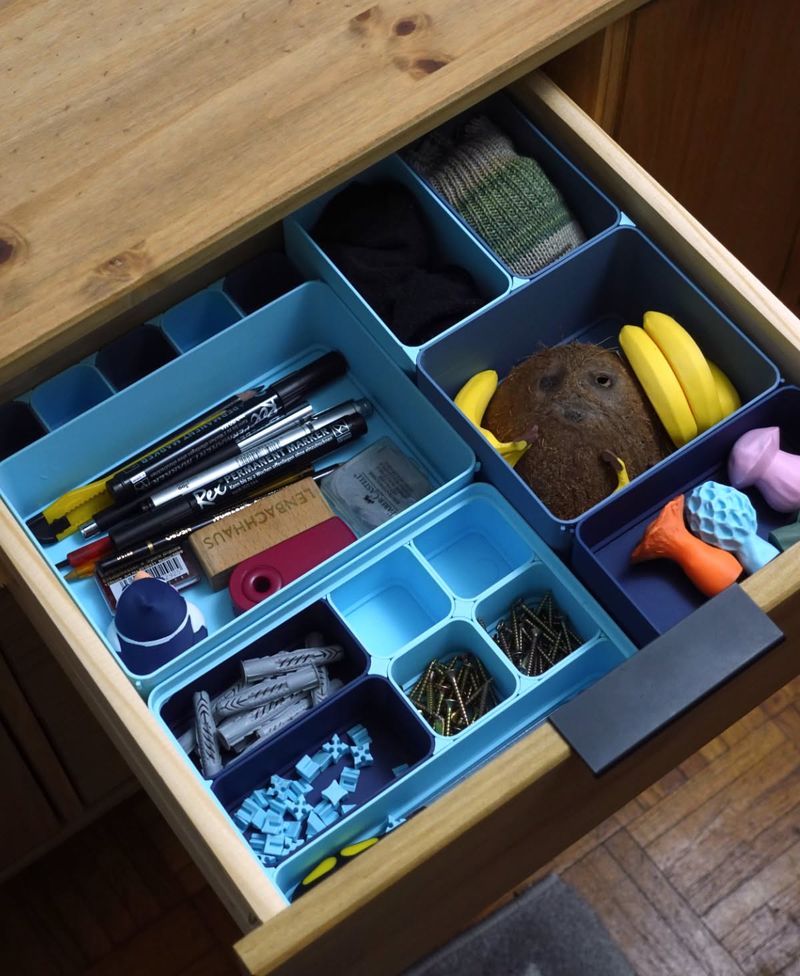
Everything had potential value in your childhood home. Broken items were fixed, repurposed, or saved for parts. The concept of throwing away something that might be useful someday was unthinkable.
Your adult home likely has a collection of “just in case” items – old chargers for devices you no longer own, buttons from clothes long gone, or random screws and nails. Marie Kondo’s methods feel personally offensive to your upbringing.
Even during dedicated decluttering sessions, you struggle to part with potentially useful things. That box of miscellaneous cords might contain exactly what you need someday!
11. Buying Anything Just for Fun

Purchases in your childhood home were practical necessities, not frivolous wants. The concept of buying something simply because it brings joy – without any practical purpose – still feels strange.
As an adult, you struggle to purchase decorative items, collectibles, or anything that doesn’t serve a clear function. Shopping trips are missions for specific needs, not casual browsing adventures.
When you do buy something just because you like it, you might find yourself inventing practical reasons to justify the purchase. That cute figurine isn’t just decorative – it’s also a paperweight! The mental gymnastics help ease the guilt of spending on pure enjoyment.
12. Paying for Experiences Over Things
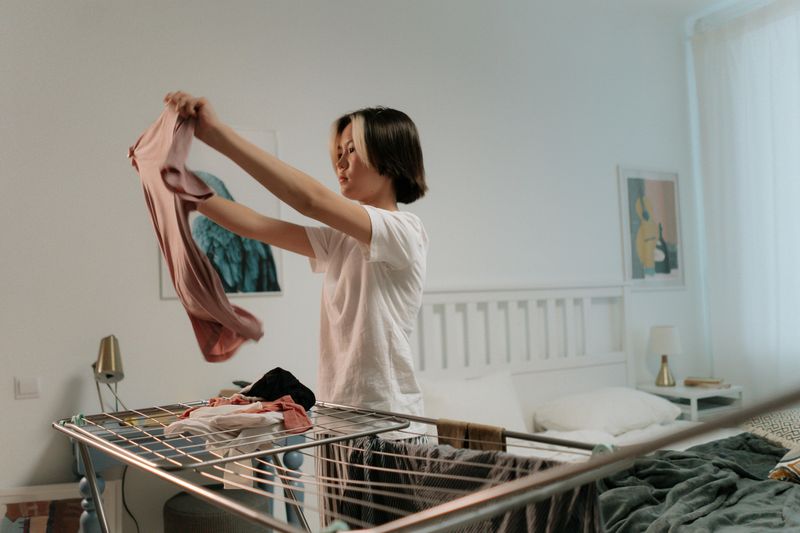
Vacations, concerts, and dining out were rare luxuries growing up. Money spent on experiences that left no tangible evidence behind seemed especially wasteful when every dollar mattered.
Now, despite research showing experiences bring more happiness than possessions, spending on them can trigger financial anxiety. The temporary nature of experiences makes them seem less valuable than physical items that last.
You might find yourself hesitating to book trips or attend events, wondering if the memories will be worth the price tag. The voice in your head questions whether that concert ticket money could be better spent on something that won’t be over in a few hours.

Comments
Loading…